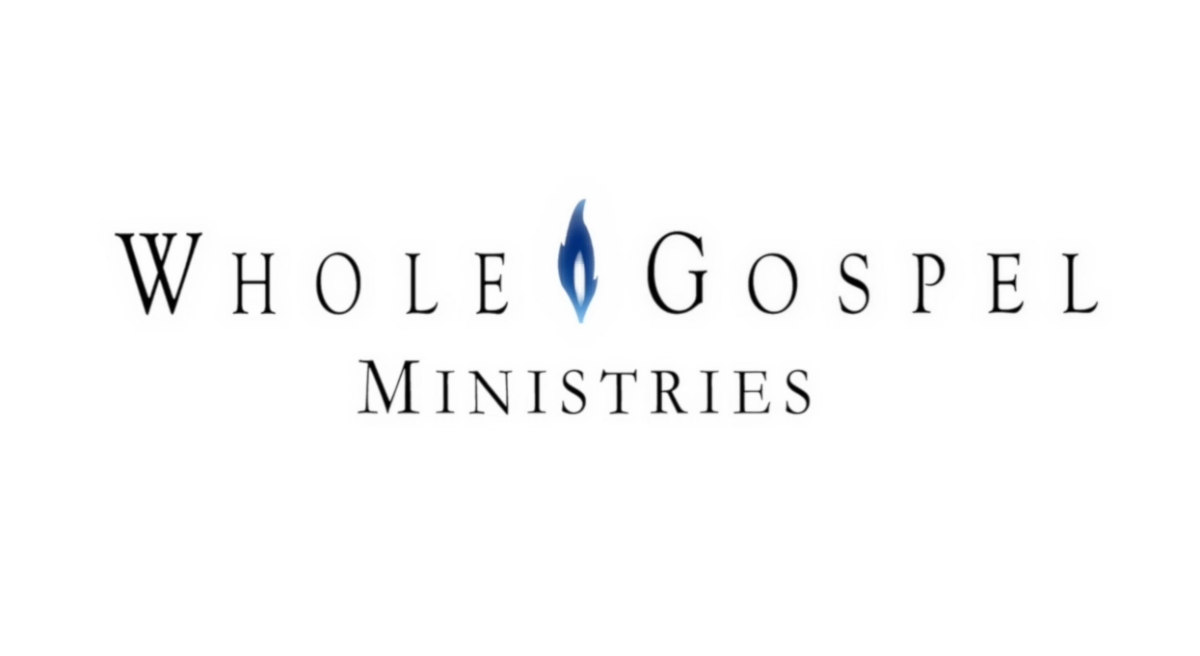
FRIDAY MORNING MANNA May 9, 2014
Nathaniel Fajardo Email:[email protected]
Are We Preparing for the Latter Rain?– Part XXIX
A Working People (Continued)
Sunday, May 11, is Mother’s Day. It’s the mothers, not the day that truly matters.
Responsible, especially godly mothers are the hardest-working, often unrecognized and certainly “uncanonized” living saints on earth by heaven’s estimate for they have a position of a missionary in the highest sense and are co-workers with the minister in the home. They joyfully yet solemnly realize that: “The child’s first teacher is the mother. During the period of greatest susceptibility and most rapid development his education to a great degree is in her hands. To her first is given opportunity to mold the character for good or evil. She should understand the value of her opportunity, and above every other teacher, should be qualified to use it to the best account.”- E. G. White, Child Guidance, p. 63. Southern Publishing Asso., 1953.
“In the little children committed to her care, every mother has a sacred charge from God. ‘Take this son, this daughter,’ He says; ‘train it for Me; give it a character polished after the similitude of a palace, that it may shine in the courts of the Lord forever.’ [Ps. 144:12; 84: 2]. The mother’s work often seems to her an unimportant service. It is a work that is rarely appreciated. Others know little of her cares and burdens. Her days are occupied with a round of little duties, all calling for patient effort, for self-control, for tact, wisdom, and self-sacrificing love; yet she cannot boast of what she has done as any great achievement. She has only kept things in the home running smoothly; often weary and perplexed, she has tried to speak kindly to the children, to keep them busy and happy, and guide the little feet in the right path. She feels that she has accomplished nothing. But it is not so. Heavenly angels watch the care-worn mother, noting the burden she carries day by day. Her name may not be heard in the world, but it is written in the Lamb’s book of life [Rev. 21: 27].
“There is a God above, and the light and glory from His throne rests upon the faithful mothers as she tries to educate her children to resist the influence of evil. No other work can equal hers in importance. She has not, like the artist, to paint a form of beauty upon canvas, nor, like the sculptor, to chisel if from marble. She has not, like the author, to embody in a noble thought in words of power, nor, like the musician, to express a beautiful sentiment in melody. It is hers, with the help of God, to develop in a human soul the likeness of the divine.
“The mother who appreciates this will regard her opportunity as priceless. Earnestly will she seek, in her own character and by her methods of training, to present before her children the highest ideal. Earnestly, patiently, courageously, she will endeavor to improve her own abilities, that she may use aright the highest powers of the mind in the training of her children. Earnestly will she require at every step, ‘What has God spoken?’ Diligently she will study His word. She will keep her eyes upon Christ, that her own daily experience, in the lowly round of care and duty, may be a true reflection of the one true Life.” –Ibid, The Ministry of Healing, pp. 376-8, “The Mother” chapter.
“The day of God will reveal how much the world owes to godly mothers . . . When the judgment shall sit, and the books shall be opened; when the ‘well done’ [Matt. 25: 21] of the great Judge is pronounced, and the crown of immortal glory is placed upon the brow of the victor, many will raise their crowns in sight of the assembled universe, and pointing to their mothers say: ‘She made me all I am through the grace of God. Her instruction, her prayers, have been blessed to my eternal salvation.” –Ibid, Signs of the Times, Oct. 11, 1910.
Cain, the first son of Eve and Adam became the first murderer and beginner of the unrighteous line, built the first city on earth, naming it after his first son, Enoch (Gen. 4: 17, 18) — not to be confused with the seventh patriarch, Enoch, of the righteous line from Adam through Seth. He was the son of Jared and father of Methuselah, the longest-lived man on earth who died at 969 years, Gen. 5: 21-27; Luke 3: 37.
For his faithful walk with and work for God for three centuries, Enoch, whose name means “dedicated one” was the first among man translated to heaven without tasting death at the age of 365. (Gen. 5: 18-24; 1 Chron. 1: 3; Heb. 11:5). He was not a celibate, hermit, monk, or a recluse who seclude themselves from society in some monastery to do nothing but “meditate and pray.” Others, upon retirement, go fishing, play golf, or chess, and even become regular visitors to Las Vegas or any of gambling casinos to “play a few dollars,” etc. Anointed servants of God are really retired only when they are physically and mentally debilitated or are laid to rest by the Lifegiver. “Blessed are they who die in the Lord, from henceforth saith the Spirit, that they may rest from their labors, and their works do follow them.” Rev. 14: 13.
Such was the living testimony of the life and works of Moses, the greatest leader of God’s people (1BC 1113), greater than any person that lived before him (EW 162). As a type of Christ, he was the meekest of men; his life works characterized by prayer and intercession as the patient, enduring shepherd of Israel . It was his motherwho taught him how to pray (PP 244). But it was Christ who fitted him for the greatest work ever given to man (PP 255). He is without peer as historian, poet, philosopher, and legislator (PP 246). He was the historian of creation and the law. His intellectual greatness distinguishes him above the great men of all ages (PP 246).
“Enoch was an active worker. He did not seek ease and comfort. Nor did he spend his time in idle meditation, or in striving to gain happiness for himself. He did not participate in the festivities and amusements that constantly engaged the attention of the pleasure-lovers of the antediluvian world. In his day the minds of many were absorbed in worldly pleasures, — pleasures that tempted them to go astray. But Enoch was terribly in earnest. With the sinful and with the workers of iniquity he mingled only as God’s messenger, to warn them to turn with abhorrence from their evil ways, and to repent and seek God.” – E. G. White, Review & Herald, April. 15, 1909, par. 5.
“Enoch’s walk with God was not in a trance or a vision, but in all the daily duties of life. He did not become a hermit, shutting himself entirely from the world; for he had a work to do for God in the world. In the family and his intercourse with men, as a husband and a father, a friend, a citizen he was the steadfast unwavering servant of the Lord.
“His heart was in harmony with God’s will; for ‘can two walk together except they be agreed?’ Amos 3: 3. And this holy walk was continued for three hundred years. There are few Christians who would not be far more earnest and devoted if they knew that they had but a short time to live, or that the coming of Christ was about to take place. But Enoch’s faith waxed stronger, with the lapse of the centuries.” –Ibid, Patriarchs & Prophets, p. 85: 1-2,
The second man translated to heaven (sacred history has no record of any women being translated) was the hard-working and courageous prophet Elijah, the Tishbite. He appeared at the height of apostasy of the ten northern tribes of Israel . King Ahab and his wicked queen, Jezebel, led the chosen people into grossest heathenism by replacing the worship of Jehovah for Baal worship. Elijah’s fearless ministry for God was to check the rapid spread of apostasy in Israel .
“The word of faith and power was upon Elijah’s lips, and his whole life was devoted to the work of reform. His was the voice of one crying in the wilderness to rebuke sin and press back the tide of evil. And while he came to the people as a reprover of sin, his message offered the balm of Gilead to the sin-sick souls of all who desired to be healed.”- Ibid, Prophets & King, p. 119. (1917). Pacific Press Publishing Asso.
The Work of Revival and Reformation are Two Different things. “God calls for a spiritual revival and a spiritual reformation. Unless this takes place, those who are lukewarm [Rev. 3: 14-22] will continue to grow more abhorrent to the Lord [vs. 15, 16], until He will refuse to acknowledge them as His children.
“A revival and reformation must take place, under the ministration of the Holy Spirit. Revival and reformation are two different things. Revival signifies a renewal of spiritual life, a quickening of the powers of mind and heart, a resurrection from spiritual death. Reformation signifies a reorganization, a change in ideas and theories, habits and practices. Reformation will not bring forth the good fruit of righteousness [Phil. 1: 11] unless it is connected with the revival of the [Holy] Spirit. Revival and Reformation are to do their appointed work, and in doing this work they must blend.”- Ibid, The Review & Herald, Feb. 25, 1902; Selected Messages, Vol.1, p. 128.
Baalism of these last days is so all-encompassing it permeates all levels of society and every dimension of modern-day human activity. So where are the antitypical Elijahs?
“The apostasy prevailing today is similar to that which in the prophet’s day overspread Israel . [1] In the exaltation of the human above the divine, [2] in the praise of popular leaders, [3] in the worship of mammon, [4] and in the placing of the teachings of science above the truths of revelation [such as evolution], multitudes today are following after Baal.” – Ibid, Prophets & Kings, pp,170, 171.
(Continued next week on same topic)

